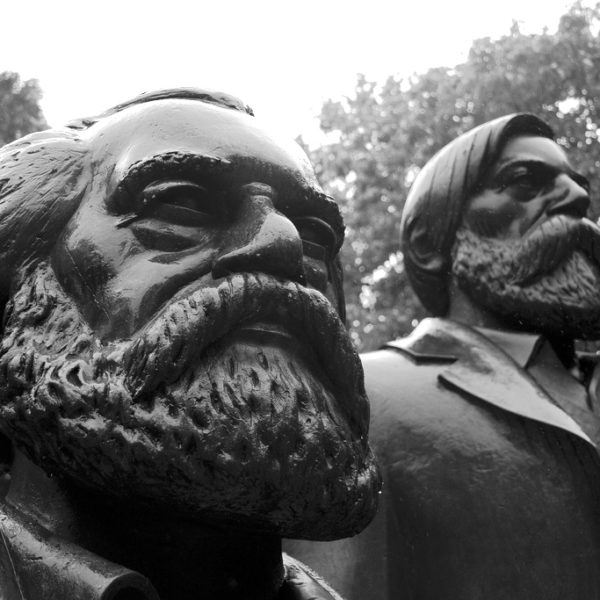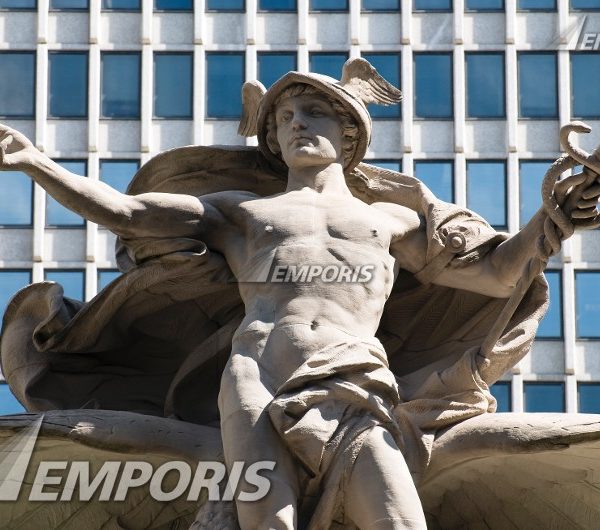
I would like to change direction a little in this reflection on one hundred years of political theology. My interest for some time has been the complex intersections – or translations – that take place between Marxism and religion. I find unpersuasive the assertion that Marxism is a secularised or pseudo-religion, a political movement that relies upon a religious framework in order to develop its positions. This is to fall into the double-trap of a secularisation narrative and making theology an absolute and thereby the source of all modern political thought.

Mikhail Rostovtzeff is barely remembered in our time. Yet the paradox he embodied – a staunch anti-communist who championed economic analysis of classical Greece and Rome – is worth reconsideration. To his great credit, Rostovtzeff set out to shift the focus of ancient historiography on politics and military matters to economic concerns. Classically trained, a man of prodigious learning and without fear of grand narratives, Rostovtzeff boldly reconstructed the economies of ancient Greece and Rome in terms familiar from capitalism, that is, in terms of neoclassical economic theory.
In our present context, it is easy to see why, even in the Church, such a manner of life, in which possessions were held in common, as is described in Acts 4 would be greeted with as much scorn and ridicule as if one had suggested the normalization of pedophilia.
“I think China has to face the fact that Mao was a monster, one of the worst people in human history … You’ve got to break the spell.” So spoke Robert Bellah in a recent interview while promoting yet another book, Religion in Human Evolution. We’ll return to Chairman Mao in a moment, but first a few comments about Bellah’s old-fashioned position.